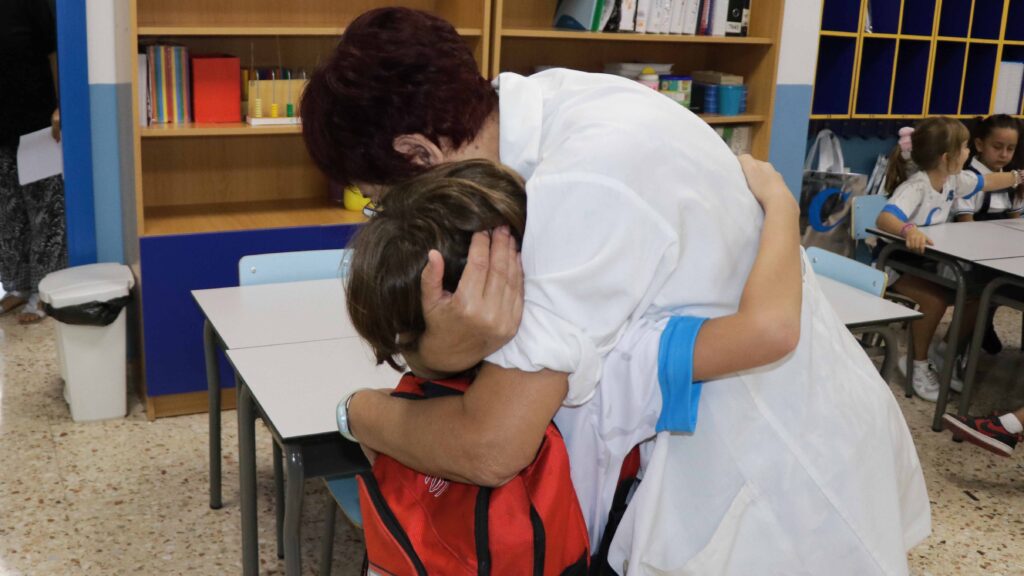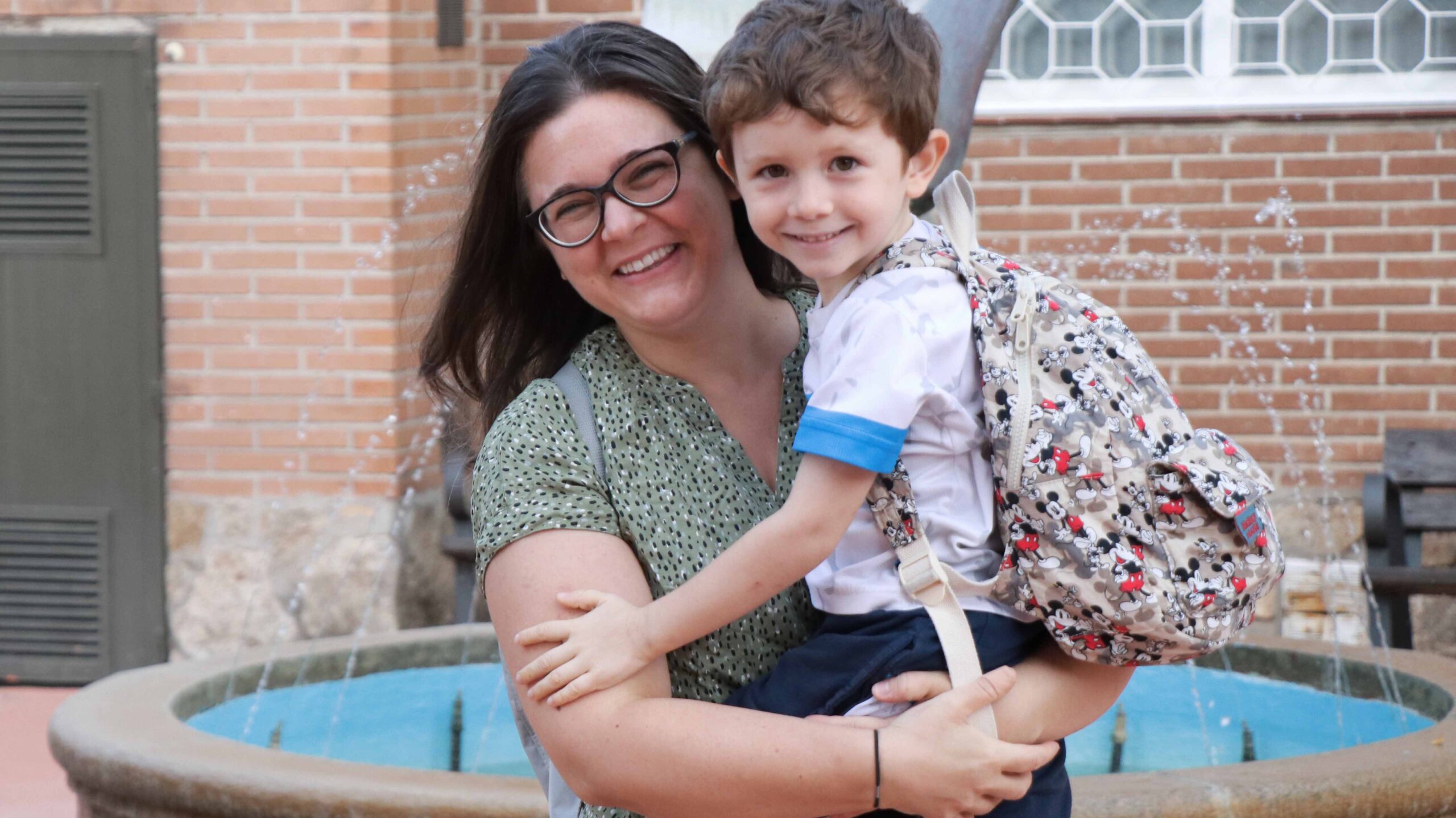Back to school is one of the most eagerly awaited and, at the same time, most stressful times of the school year. Changes in timetables, buying new materials, adapting to new routines and the excitement of meeting up with friends generate a mixture of excitement and nerves in both children and parents. The result? Stress which, if not managed well, can tarnish what should be a start to the school year full of positive energy.
WHY CAN GOING BACK TO SCHOOL BE STRESSFUL?
Failure to take this challenge into account can have unintended consequences:
- Unmotivated or anxious children who reject school.
- Exhausted parents who feel that the organisation is slipping through their fingers.
- A tense family climate that affects everyone’s well-being.
The good news is that there are effective strategies that reduce stress and make going back to school an enriching and motivating experience.
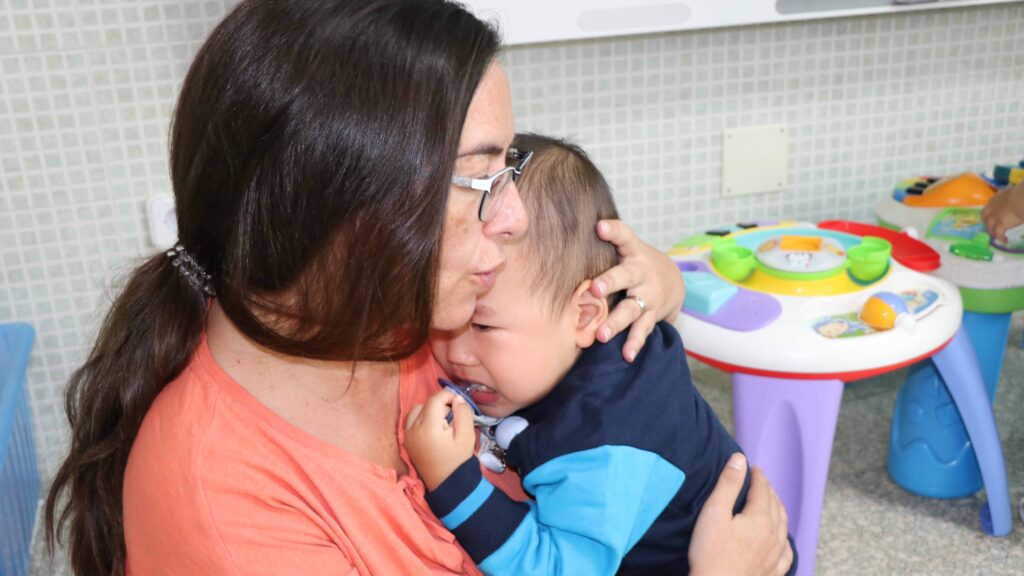
PRACTICAL TIPS FOR A STRESS-FREE BACK TO SCHOOL
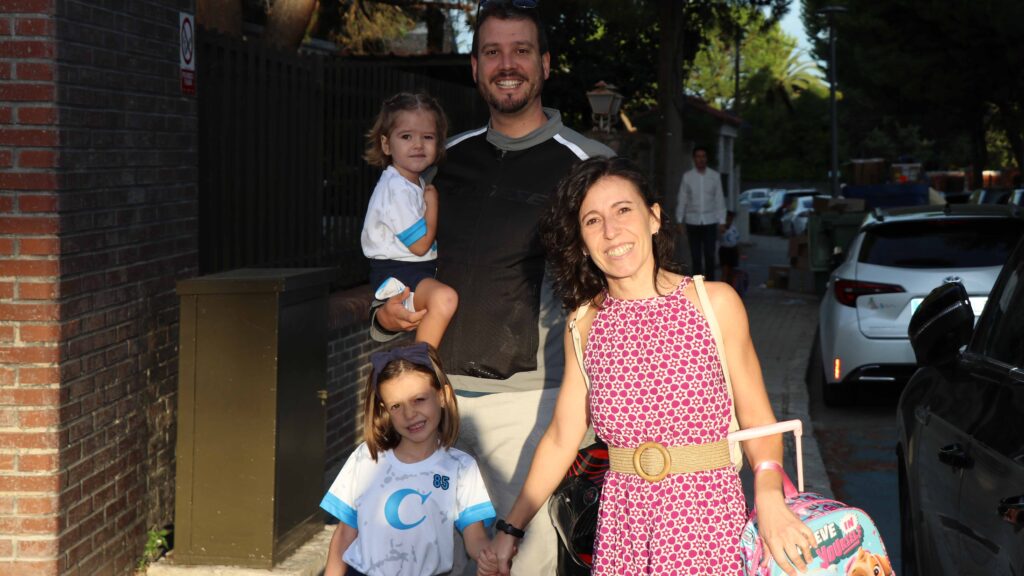
The key is to plan, communicate and accompany. At Casvi Villaviciosa, based on our experience as an international school and on recommendations from specialists in child psychology and pedagogy, we share practical advice for a stress-free return to school.
How to make going back to school less stressful for children?
The best way is to involve them in the process. Let them choose some of their school supplies. Also, talk to them about how exciting it is to meet their friends again. And, of course, remind them of everything they are going to learn. All of this creates excitement rather than worry.
What activities help reduce back-to-school stress?
Play and educational activities are excellent for smoothing the transition. These include:
- Family readings before bedtime, which promote calm and concentration habits.
- Board games that stimulate the mind and strengthen bonds.
- Sporting activities such as cycling or swimming, which release energy and reduce anxiety.
- Relaxation techniques adapted to children, such as children’s yoga or deep breathing.
These activities help children to gradually adapt to the new school rhythm.
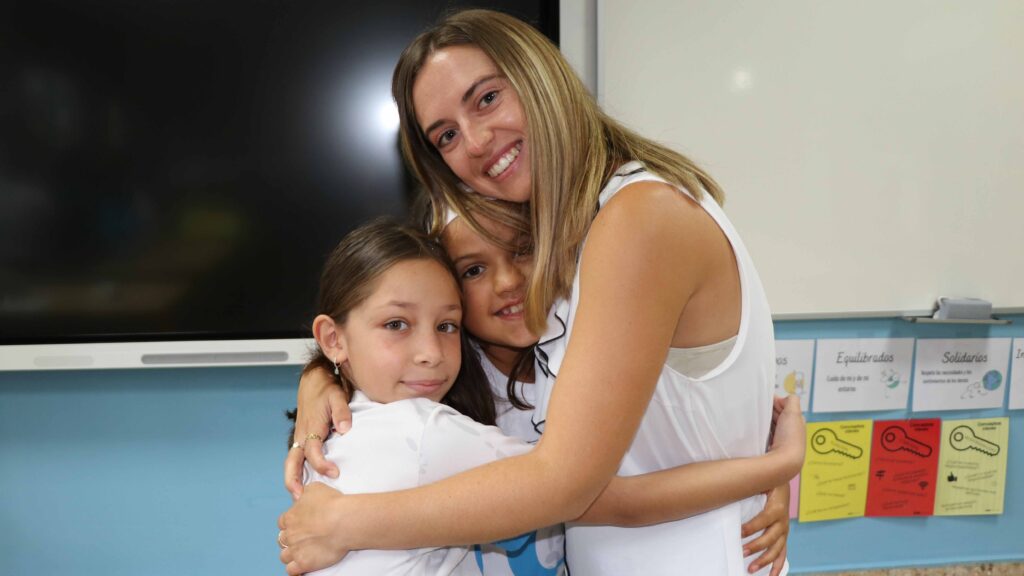
How to stay calm during the stress-free back-to-school period?
Parents are the emotional mirror of their children. Keeping a calm attitude, avoiding unnecessary haste and conveying positive messages are key.
- Prepare backpacks and clothes the day before.
- Establish consistent sleep schedules.
- Set aside time each day to chat and listen to how they are feeling.
In this way, security and confidence are conveyed.
What is the importance of planning for a stress-free back to school?
Organisation is the best ally. Having a visible calendar for all members of the family, organising weekly menus and anticipating extracurricular activities helps to reduce improvisation.
According to the Spanish Association of Paediatrics, anticipation helps children feel more secure and reduces the risk of anxiety.
FREQUENTLY ASKED QUESTIONS FOR BACK TO SCHOOL
At Casvi Villaviciosa International School the date chosen for the back to school is the 4th of September. The school year will end on 19th June.
Listening to him and validating his emotions is essential. It is normal for them to feel nervous. If the discomfort is prolonged, teachers should be informed and, if necessary, the school counsellor or a child psychologist should be consulted for specialised support.
- Establish clear routines.
- Differentiate between play and study spaces.
- Reduce the use of screens before bedtime.
- Encourage positive communication without shouting.
All this contributes to a balanced home that facilitates adaptation.
Open communication between parents and children is the best tool to reduce anxiety. Talking about fears, sharing experiences and maintaining frequent contact with teachers builds trust. It also strengthens the family and school relationship.
THE CASVI VILLAVICIOSA PROPOSAL
At Casvi Villaviciosa International Private School, we work to make going back to school a natural and enriching process. We have:
- Adaptation programmes for the youngest children.
- Tutorial action plans that accompany each student in his or her personal process.
- Constant communication with families, key to preventing and managing stress.
- An international methodology based on curiosity, emotion and meaningful learning.
VISIT US
